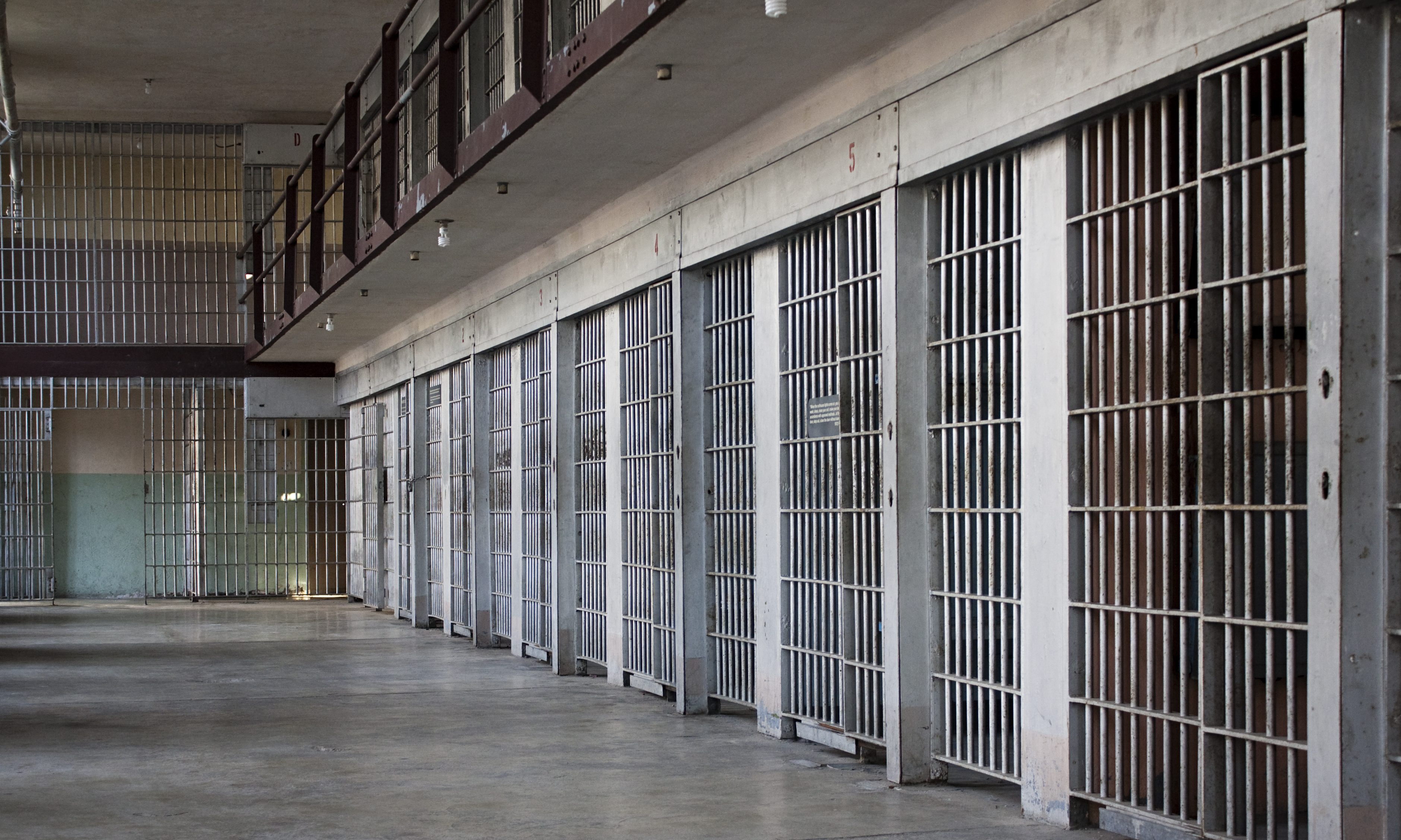The Alabama Department of Corrections in a recent court filing Friday argues that a new form of correctional officer being hired to staff Alabama’s understaffed, deadly prisons are up to the task.
The Southern Poverty Law Center – the plaintiff in the lawsuit – and the federal judge overseeing the case, have both expressed concern over ADOC’s increased use of basic correctional officers (BCOs).
One longtime correctional officer tells APR that many fully-trained correctional officers (COs) share that concern, and worry that the rapid hiring of the lesser-paid, lesser-trained officers will continue to result in COs quitting their jobs.
U.S. District Judge Myron Thompson in a Dec. 6 hearing asked attorneys for Alabama Department of Corrections (ADOC) about a decline in the number of COs and an increase in BCOs working in the prisons. Thompson had previously ordered the state to hire 2,000 additional correctional officers as part of an ongoing lawsuit over the state’s handling of mental health in prisons.
“I guess an overall concern is that, you know, you get what you pay for,” Thompson said. “And if you’re paying these people less and they have less training, then the quality of what the system is providing is not going to meet what’s needed for, say, a correctional officer or what a correctional officer could provide.”
ADOC attorneys in the Dec. 20 court filing argued that BCOs receive more-than-adequate training to do their jobs, and that the creation of the position “significantly increased ADOC’s correctional staffing levels.”
“Since implementing the BCO position in May 2019, ADOC hired more than 340 BCOs. In fact, 235 BCOs completed their pre-service training and are working in ADOC’s facilities,” the filing reads. “More than one hundred (100) BCOs are scheduled to attend ADOC’s next BCO training in early 2020. Moreover, ADOC completed the initial hiring procedures for an additional 368 BCO candidates except for the background checks.”
BCOs receive 240 hours of pre-service training, which ADOC’s filing stated addresses the same comprehensive set of topics as the correctional officers’ training. COs receive 400 hours of training are are APOST certified while BCO’s are not.
“BCOs are not APOST-certified law enforcement officers and, therefore, are not required to receive firearms training or meet APOST requirements for physical fitness,” the filing reads.
The need for more correctional officers also comes as the U.S. Department of Justice remains undecided on whether to take over the state’s prison system following the April release of the department’s report that highlights rampant sexual assaults, physical assaults and deaths inside the prisons. The total number of Alabama prisoners who died in 2019 as a result of murder, suspected drug overdoses or suicides is at least 27.
Attorneys for ADOC in the filing wrote that the creation of BCOs came as a result of recommendations from experts ordered by the court to study the departments staffing problems, and that neither the court nor the plaintiffs objected to the expert’s report recommendations.
Additionally, ADOC employees another classification of officer, called a cubical correctional officer (CCO) who are being hired to replace positions once filled by fully trained officers, and receive 80 hours of training instead of the full 12 weeks. CCOs aren’t allowed any contact with inmates. As of Sept. 30 there were 117 CCOs on staff.
An SPLC attorney told APR on Dec. 19 that the organization does not believe that ADOC should be allowed to count cubical correctional officers toward the judge’s order to hire 2,000 additional correctional officers.
In a separate joint filing Friday ADOC lists staffing figures which show that from June 30, 2019, to Sept. 30 the number of COs fell from 1,081 to 1,040 while the number of BCOs increased from 56 to 182.
“…the incorrect suggestion that BCOs constitute lower tier officers with less authority could unfairly and unjustifiably result in less respect from inmates and BCOs’ peers,” wrote ADOC attorneys in Friday’s filing.
A correctional officer who spoke to APR on Dec. 15, who asked that his identity be kept private for fear of retribution to speak openly about the matter, said that he and other longtime correctional officers are worried that BCOs are already being taken advantage of by some inmates, many who see the new officers as lower in position and easier to manipulate.
APR confirmed the officer’s identity and is withholding the name of prison he works at to further protect his identity. He has worked as a correctional officer in Alabama prisons for nearly 20 years.
The officer said a large percentage of his prison’s correctional staff are BCOs, and that they’re are tasked with doing all of the same jobs as COs, with the exception of transporting inmates or any role that requires them to carry firearms. He said there’s concern that the lesser-paid COs are filling positions that should be staffed with better payed COs.
“They’re fed up with the system,” he said of COs who are leaving for other opportunities. “They’ve raised the salaries here and there, but you just have to put the salaries on an even playing field to what you’re dealing with every day.”
The officer also said there are also concerns that BCOs, who have less training and “less to lose,” will be more likely to smuggle in contraband to make additional money.
Contraband inside prisons has been a major for some of the violence and suspected drug overdoses, with raids this year finding many hundreds of weapons, drugs and cell phones.
The U.S. Department of Justice’s April report also noted that high contraband levels are contributing to the violence and sexual abuse in the prison system.
In February police searching through the St. Clair Correctional facility found 160 weapons, 48 cell phones, 110 grams of Marijuana, and 276 grams of the synthetic drug flakka.
At the Holman Correctional Facility in Atmore in April police found 356 weapons, 91 grams of meth, 98 grams of marijuana, cocaine, more than 400 assorted pills and 16 cell phones.
“I think it’s going to end up being less safe,” the officer said of the state’s decision to place so many BCOs in prisons.
APR, in an email to an ADOC spokeswoman on Dec. 16, listed the officer’s concerns, but the ADOC declined to respond.























































